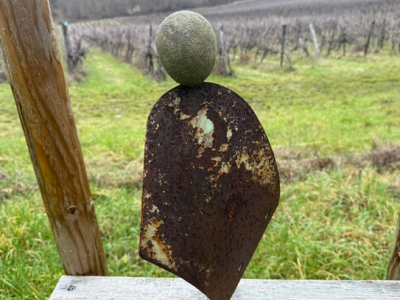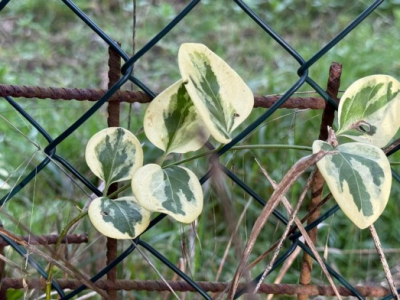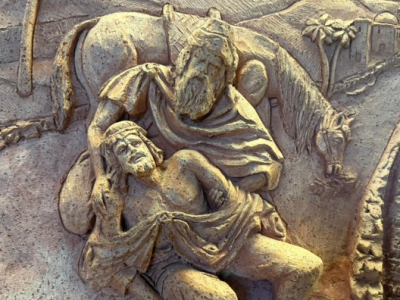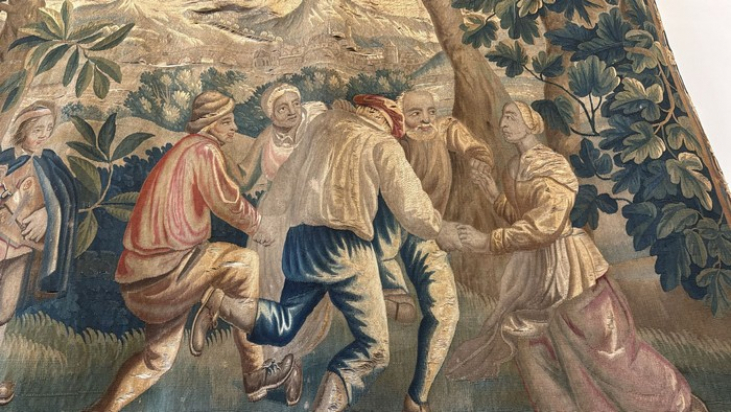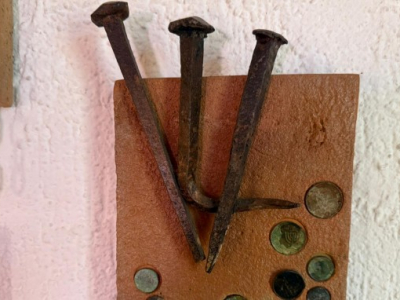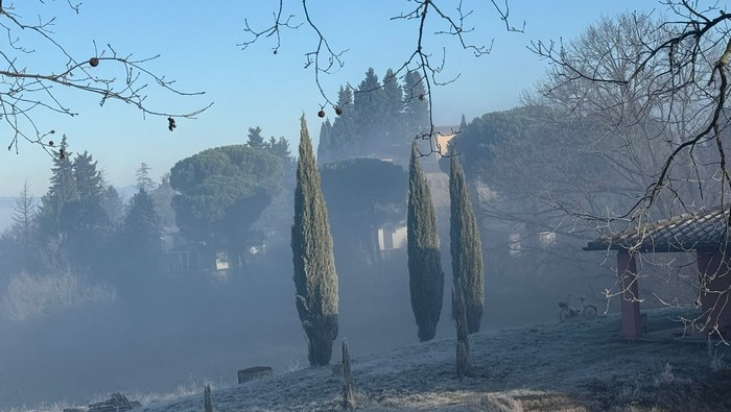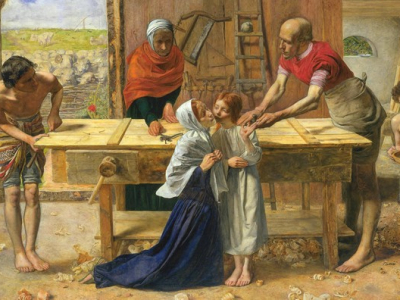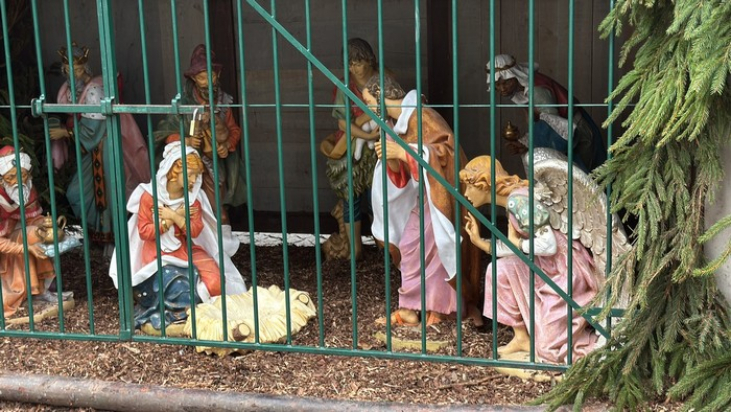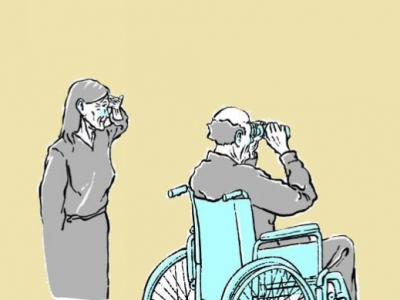L’âme de l’économie /6 - La relation complexe entre le catholicisme et la modernité dans le processus d'élaboration de la doctrine sociale de l'Église
par Luigino Bruni
publié dans Avvenire le 15/02/2026
La relation entre catholicisme, modernité, fascisme, économie et société au cours des dernier...
stdClass Object
(
[article_layout] =>
[show_title] =>
[link_titles] =>
[show_tags] =>
[show_intro] =>
[info_block_position] =>
[info_block_show_title] =>
[show_category] =>
[link_category] =>
[show_parent_category] =>
[link_parent_category] =>
[show_associations] =>
[show_author] =>
[link_author] =>
[show_create_date] =>
[show_modify_date] =>
[show_publish_date] =>
[show_item_navigation] =>
[show_icons] =>
[show_print_icon] =>
[show_email_icon] =>
[show_vote] =>
[show_hits] =>
[show_noauth] =>
[urls_position] =>
[alternative_readmore] =>
[article_page_title] =>
[show_publishing_options] =>
[show_article_options] =>
[show_urls_images_backend] =>
[show_urls_images_frontend] =>
[helix_ultimate_image] => images/2026/02/13/Anima_economica_06_ant.jpg
[helix_ultimate_image_alt_txt] =>
[spfeatured_image] => images/2026/02/13/Anima_economica_06_ant.jpg
[helix_ultimate_article_format] => standard
[helix_ultimate_audio] =>
[helix_ultimate_gallery] =>
[helix_ultimate_video] =>
[video] =>
)
